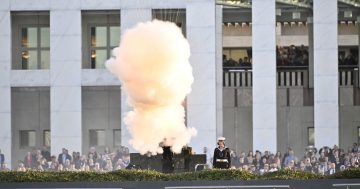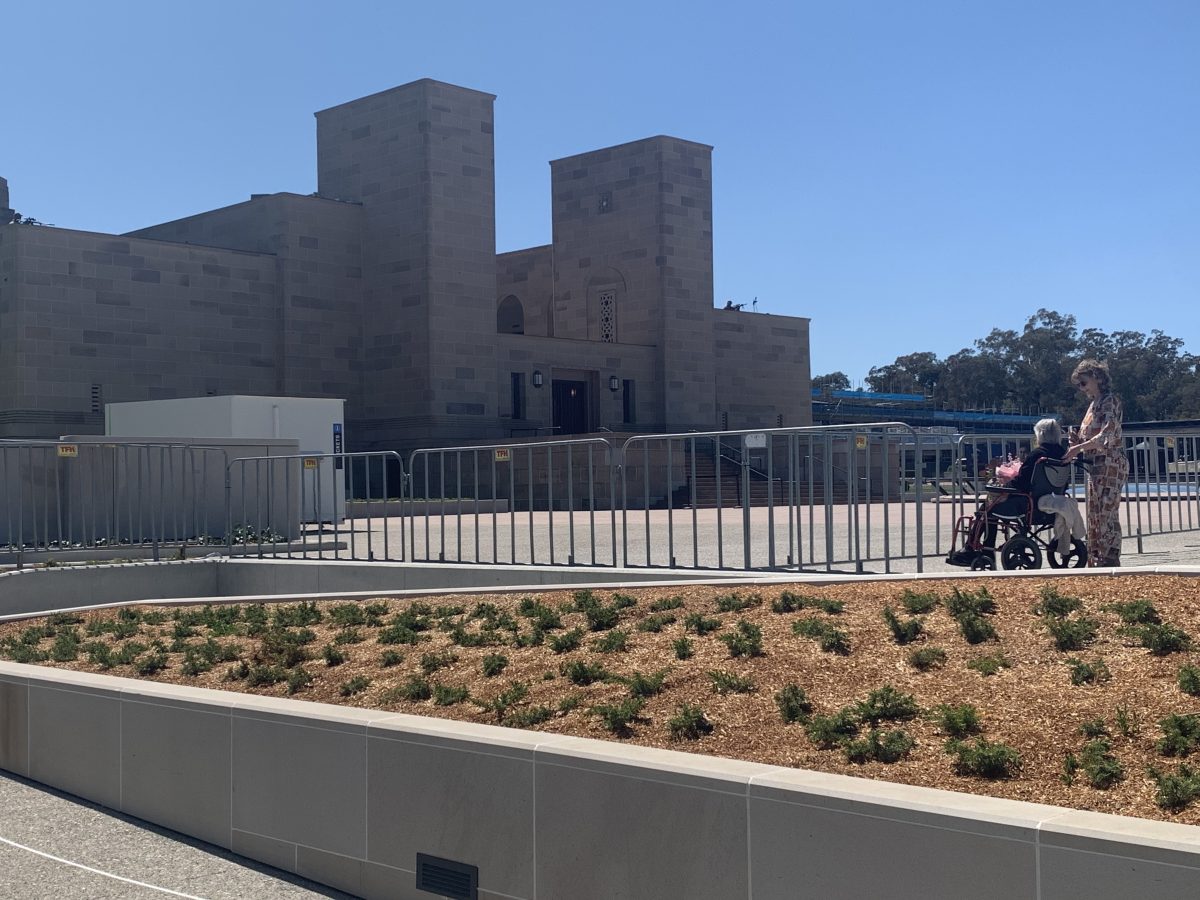
Snipers perched themselves on top of the Australian War Memorial before the King and Queen’s reception. Photos: James Day.
Twenty-five years ago, I was born in the lead-up to a referendum that could have changed the face of this country we call home – but it didn’t.
Similar to last year’s failed attempt to get a Voice to Parliament, the majority of Australians (except the ACT) rejected the 1999 Republic referendum that asked whether:
“To alter the Constitution to establish the Commonwealth of Australia as a republic with the Queen and Governor-General being replaced by a President appointed by a two-thirds majority of the members of the Commonwealth Parliament.”
Last month, when King Charles III and Queen Camilla paid a visit to these former penal colonies, it begged the question – where do Australians stand now?
For the royal couple’s day in the nation’s capital, it was clear that while many do still love the monarchy, others like Senator Lidia Thorpe do not .
During my wander through the crowds skirting the Australian War Memorial (AWM) on 21 October, it was obvious few cared about the state of our constitution.
The people I spoke to while waiting on the slopes for their majesties’ reception were either there for the spectacle or just getting out of school .
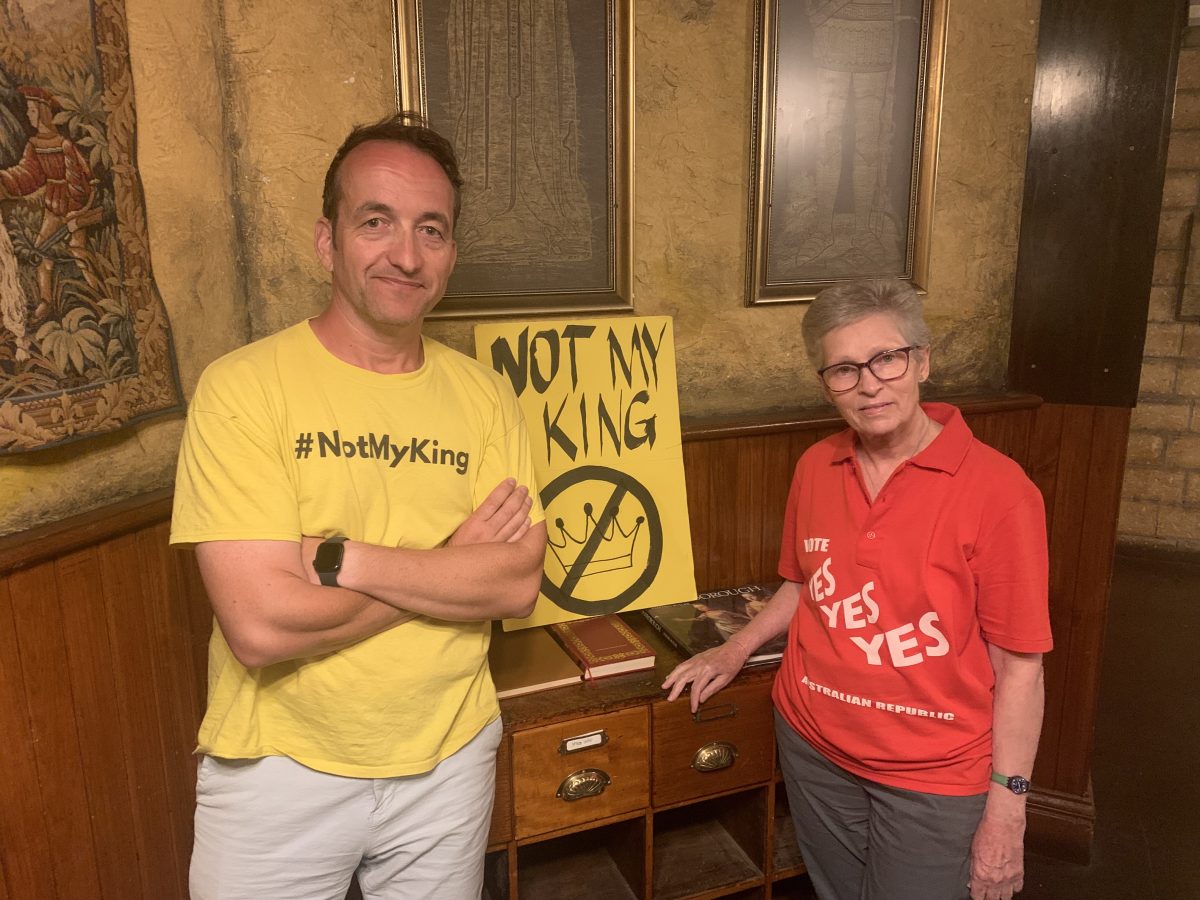
For his night in Canberra, Graham Smith joined Women for an Australian Republic National Convenor Sarah Brasch for a pint at King O’Malley’s.
However, for those invested in an Australian republic, UK Republic CEO Graham Smith reckons the UK might beat us to it.
He met with representatives of the Australian Republic movement at every stop of the royal couple’s visit.
He claims the UK movement has grown massively in the last two years, especially since the death of Queen Elizabeth II, as she “was the monarchy for a lot of people”.
Another reason is the 510 million pounds a year required to fund the monarchy – along with recent findings that Royal estates “receive millions from public bodies and charities“. Graham believes if Australia shared this cost, it might hasten our departure from the crown.
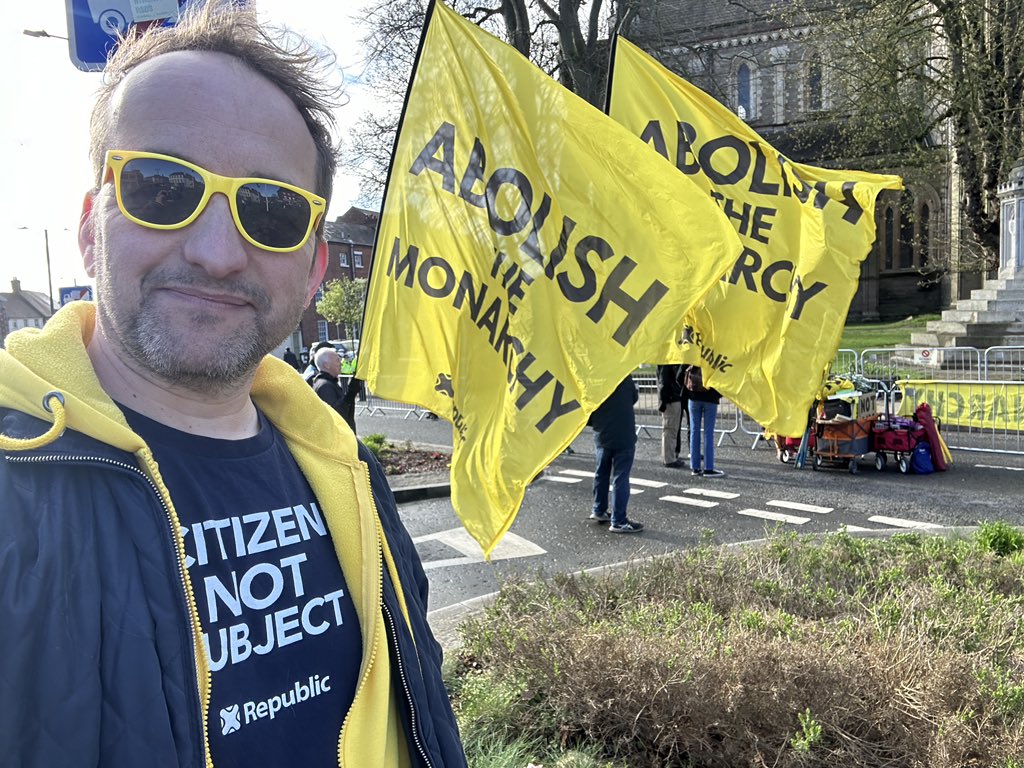
Graham said “it seems British journalists talk a lot more about the Republican debate than Australians”. Photo: @GrahamSmith_.
Women for an Australian Republic National Convenor Sarah Brasch said it reminds her of what Australian Republicans were like in 1999.
“There’s been constant activity over the last 25 years but most of it is behind the scenes, either lobbying politicians, writing papers or appearing in front of parliamentary committees,” she said.
Her organisation was founded in the run-up to the referendum “because there simply weren’t enough women’s voices” in the Republican debate.
“I think women are more conservative, less likely to have good civics education and feel they know the royal family,” she said. “Magazines celebrate the pageantry of it all, claiming these glamorous people are connected to us.”
Sarah says the movement is still necessary as “the Constitution is certainly broken”.
“Most people think it’s got rights and protections in it – it hasn’t,” she said. “It also has a clause in section 59 that allows our head of state to disallow any law of the Federal Parliament within 12 months of it receiving royal assent from the Governor-General.”
Sarah believes that whether these powers are used is “not really relevant” because “it’s hopelessly out of date, and it really needs to be updated”.
Republicans have proposed plebiscites or non-binding votes before any referendum “to actually test out some of these questions and go with what the majority want”.
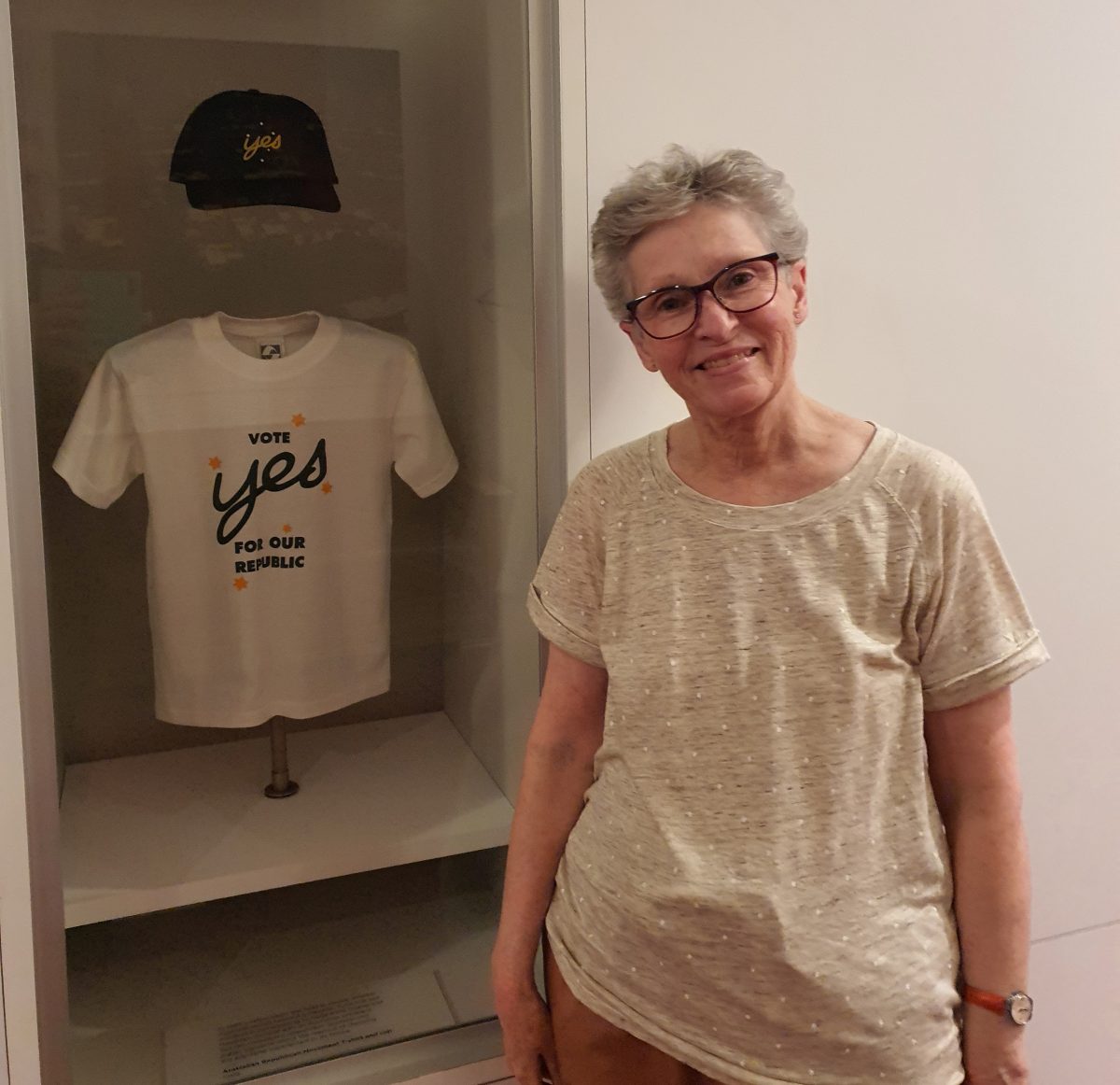
“I think people forget we have the Governor-General for every state,” noted Sarah. “And a lot of them have openly expressed being Republican”. Photo: Sarah Brasch.
One of the core arguments made by monarchists like Matthew Stratton is that an elected head of state would create an elitist ‘Politician’s Republic’.
“As head of the executive, a lot of the King’s value is in what he doesn’t do,” said Matthew.
“If we look to the US, we find that the executive is incredibly political and closer to a CEO than anything else.
“In Australia and the Commonwealth more broadly, we just don’t have that issue. No one really has an opinion on the King’s politics because no one knows what they are.”
Sarah claims this ‘Politician’s Republic’ idea was a common argument against the 1999 referendum. It is very similar to the slogans run by last year’s ‘Vote No’ campaign, which claimed “an elite group of Indigenous people were proposing it”.
For Matthew, last year’s referendum pointed to a similar issue the Republicans had in their run for constitutional change – a lack of consensus.
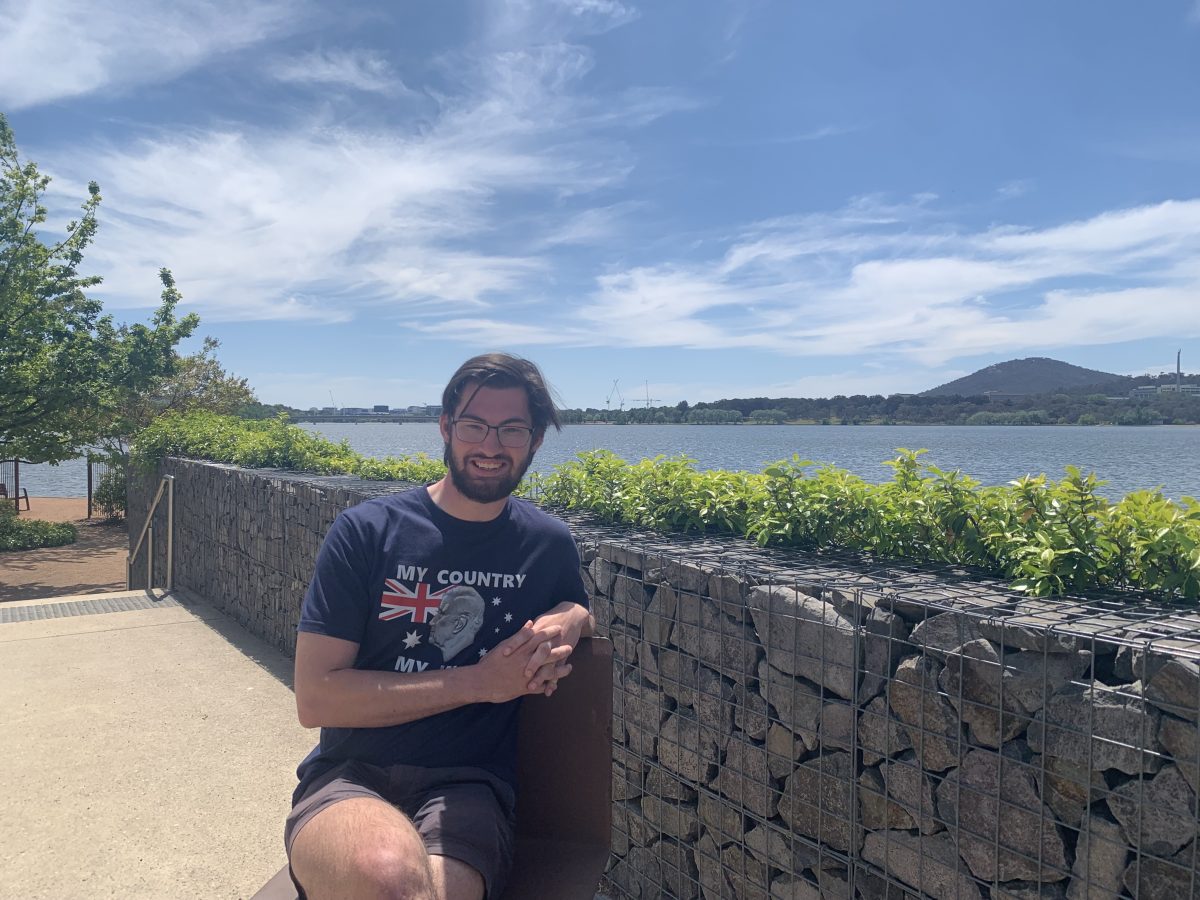
Deputy Chair Matthew Stratton of the Australian Monarchist League’s (AML) youth branch in Victoria also followed the royal couple around on their visit.
As for the monarchy’s financing, Matthew said it makes “far more money as a result of the tourism and everything else that comes with it”.
While there is conflicting data about whether this is true or not, he believes it should remain “even if it ran at a loss” because “the value of the monarchy is fundamentally in its soft power”.
Matthew also noted the risk a move to independence would have for our country’s economic relationships, although Sarah believes this to be untrue.
“In fact, our Asian neighbours would be saying, ‘Finally, you’ve freed yourself from the British’.”
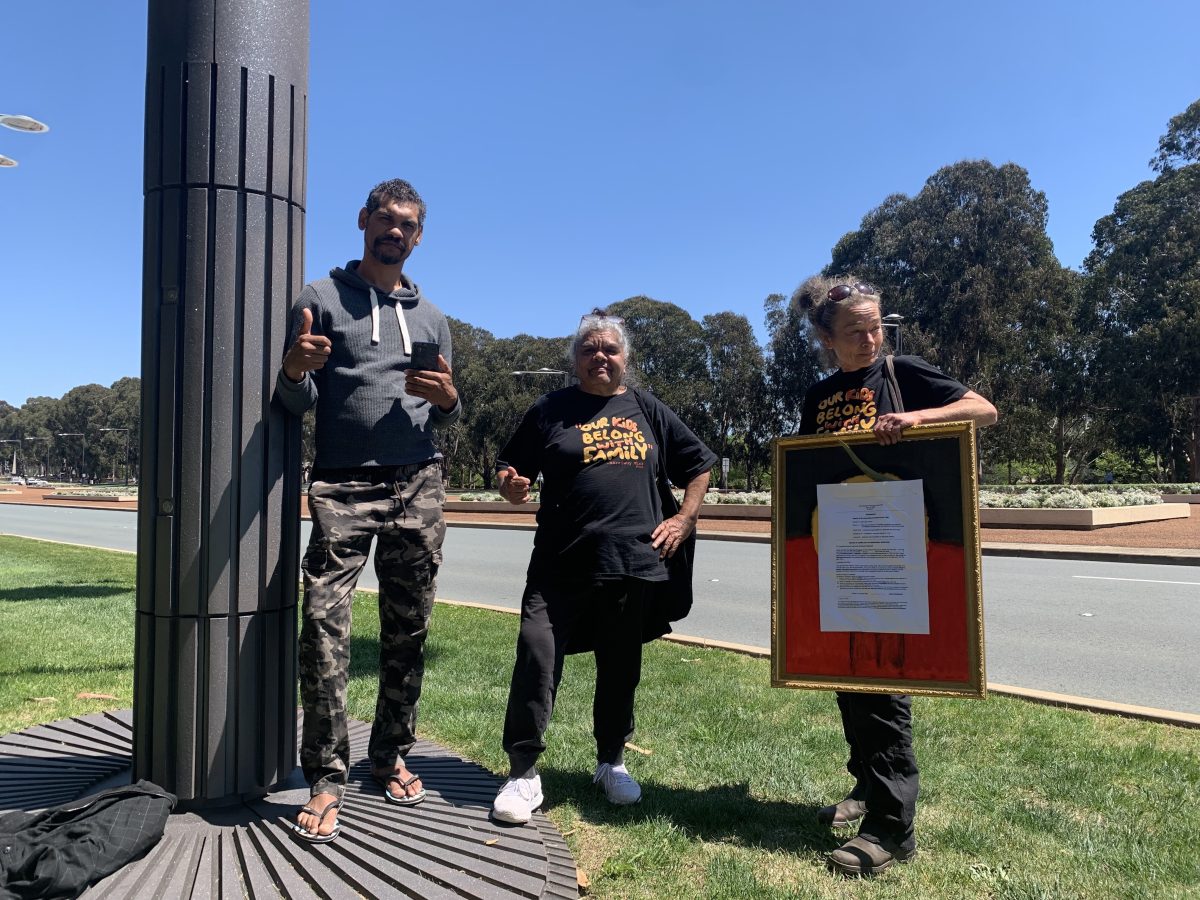
“I don’t respect royalty, f*** em; I’m royal here,” said the Elder from Bundjalung and Wakka Wakka country (centre).
Two supporters of Uncle Robbie Thorpe (Krautungalung Elder, uncle of Senator Lidia Thorpe) came from Melbourne to witness the royal couple’s visit. .
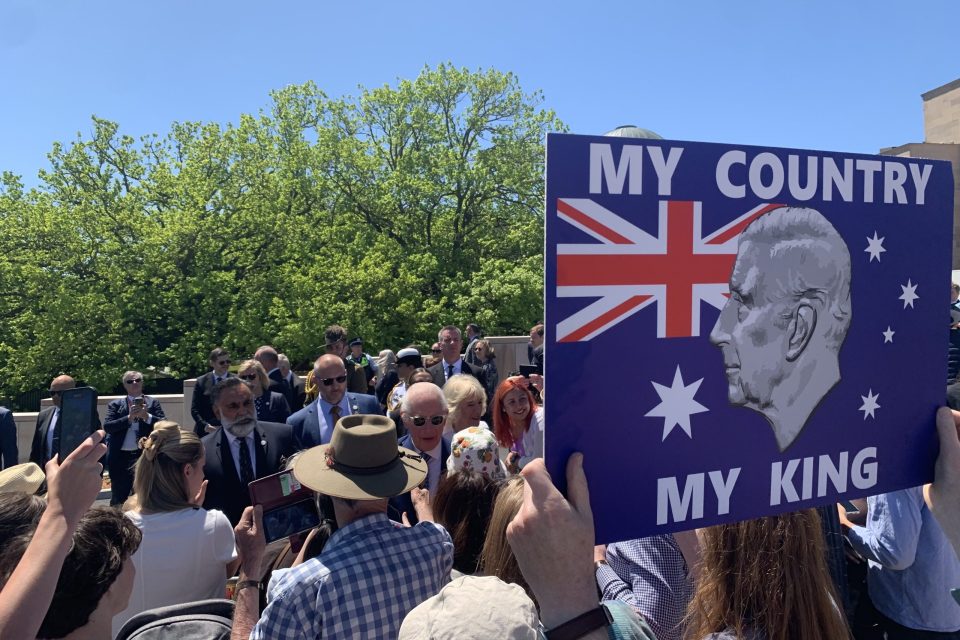
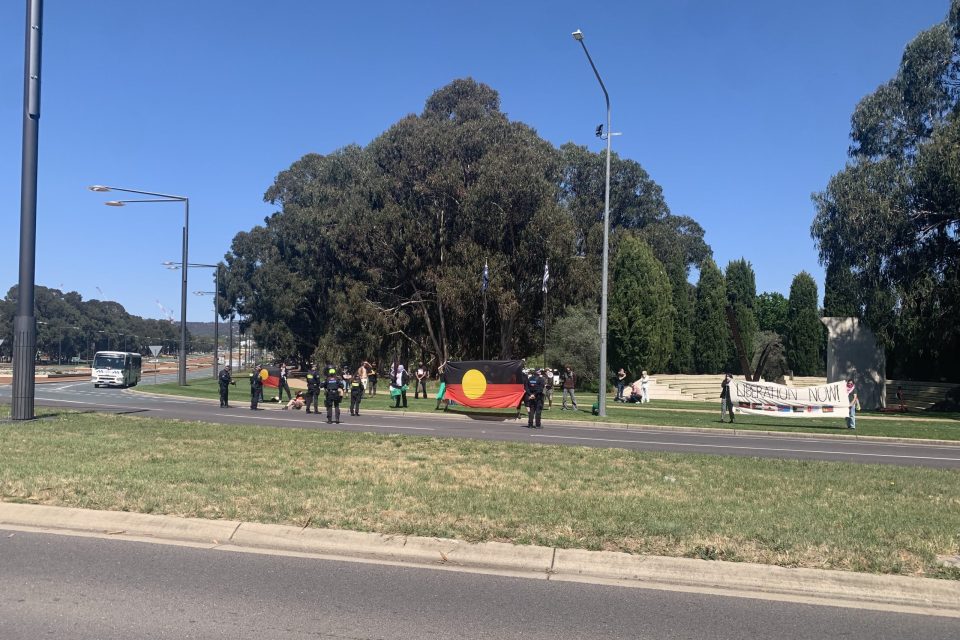
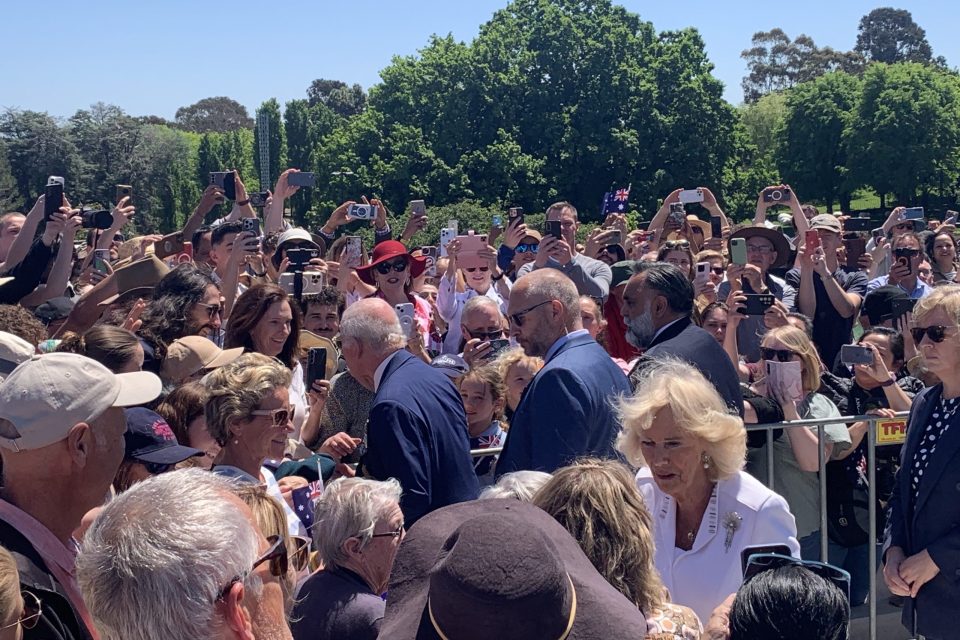
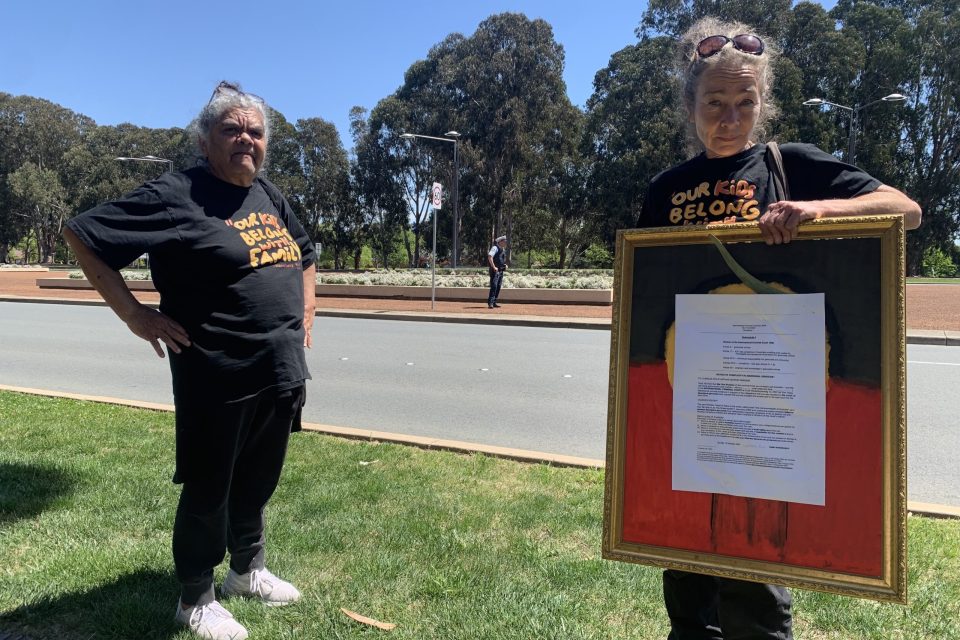
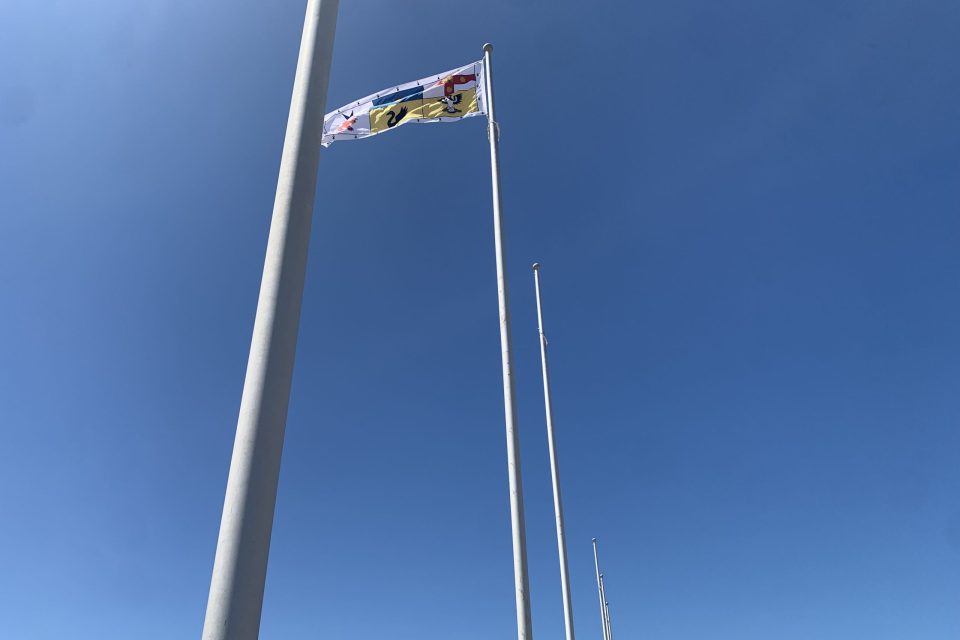
In July, Uncle Robbie took legal action before the Supreme Court of Victoria for failing to recognise First Nations peoples’ right to prosecute genocide crimes. His legal team also challenged the immunity provided to high-ranking officials – like King Charles III – from prosecution of genocide crimes.
One matter both sides of this debate agree on is that “the Republic is not inevitable”.












